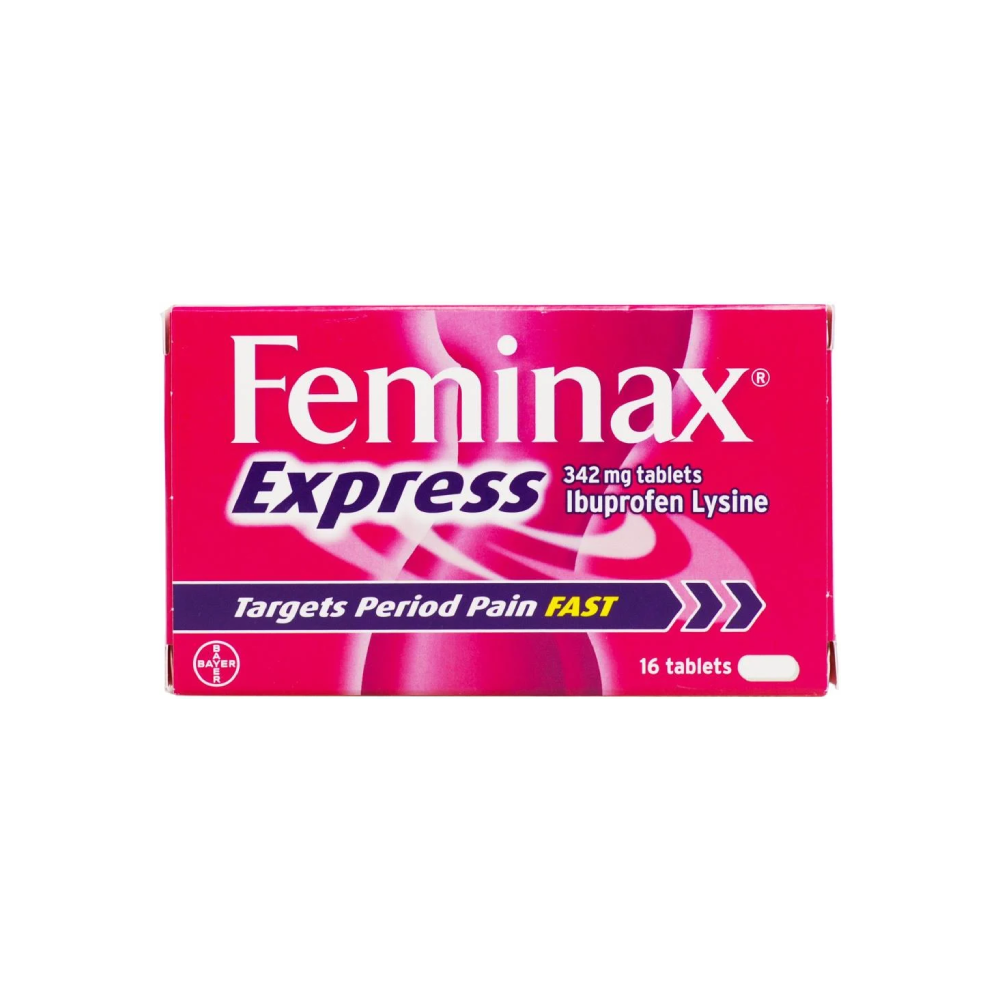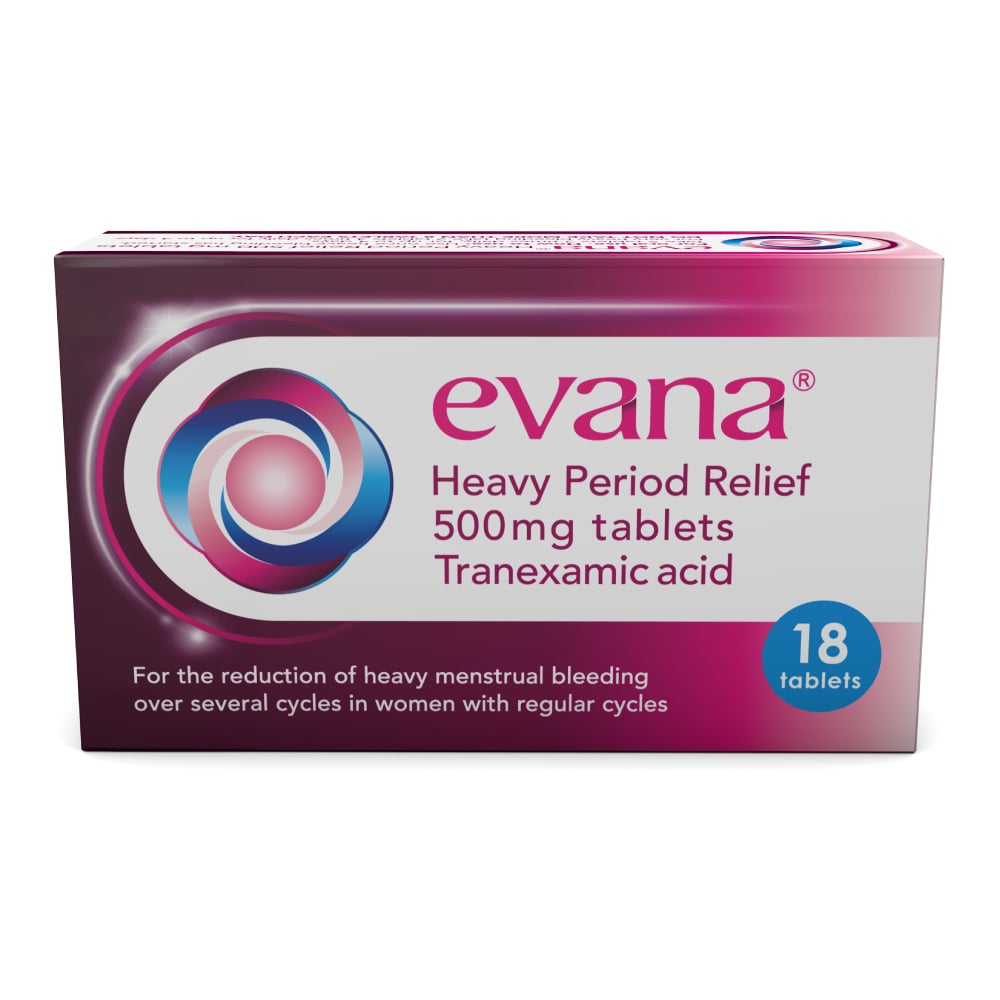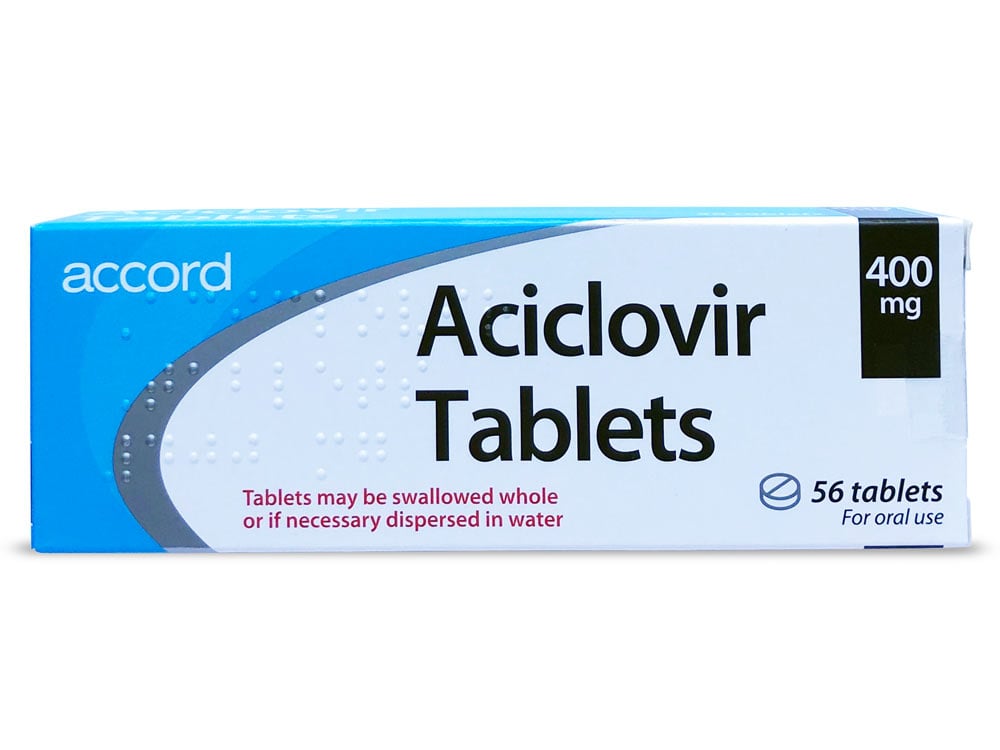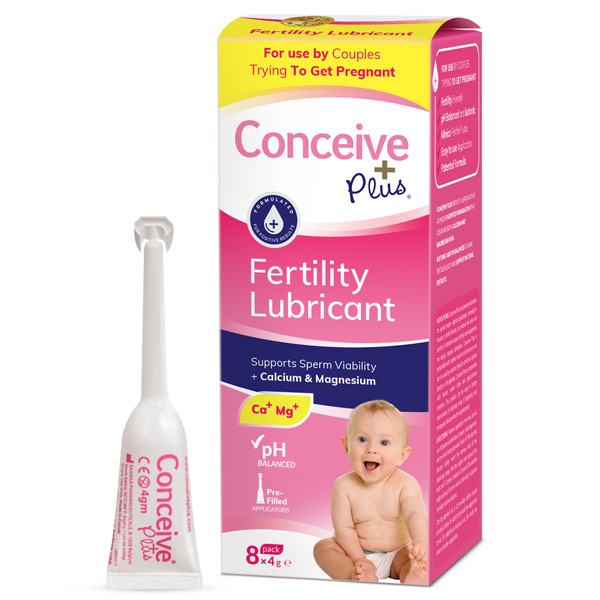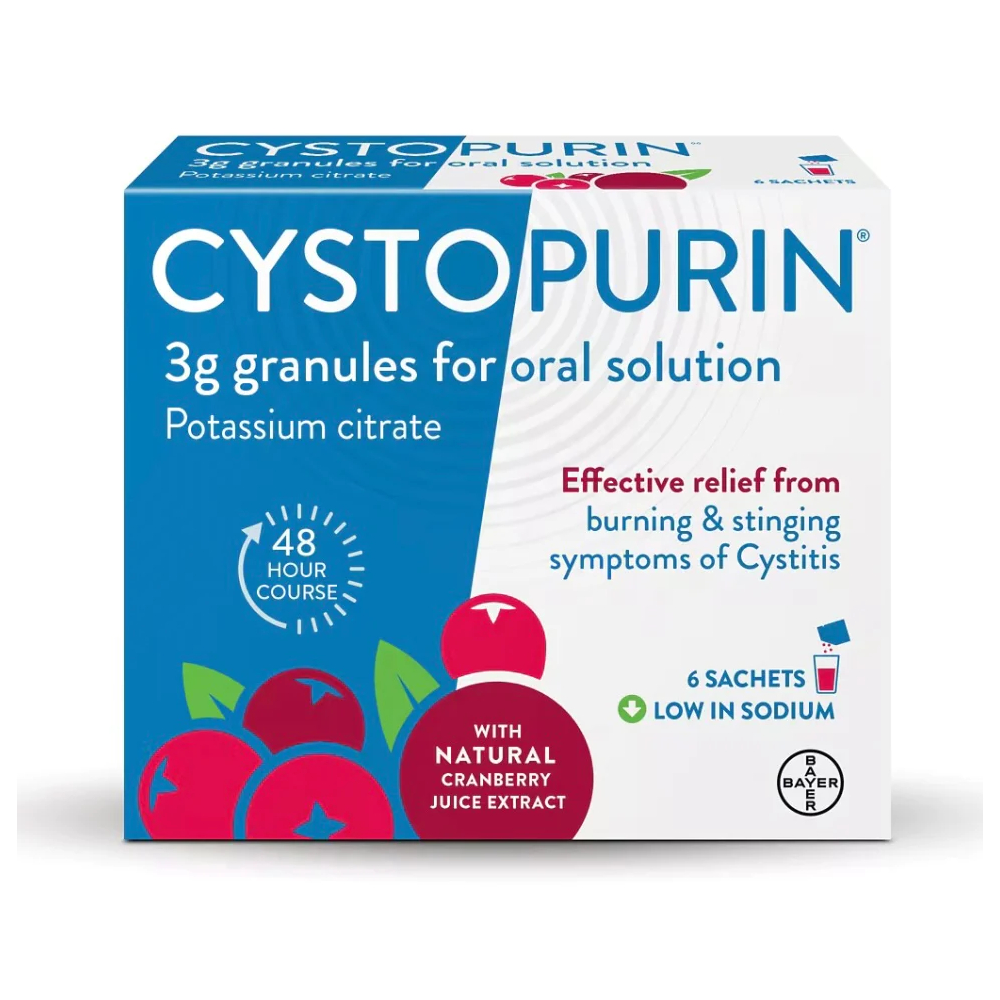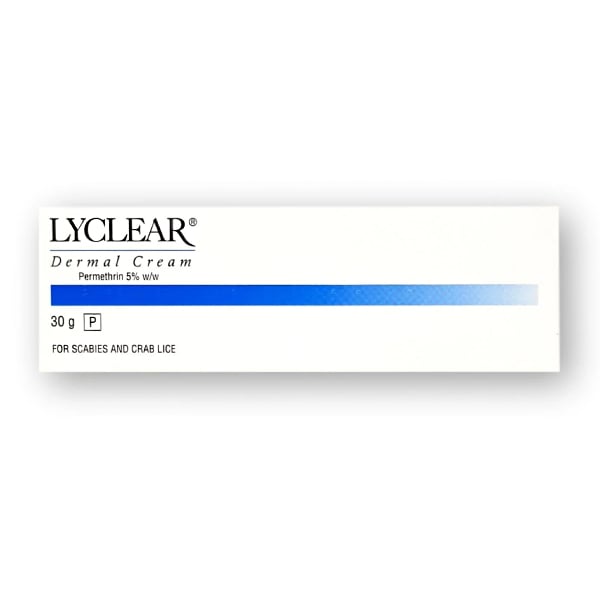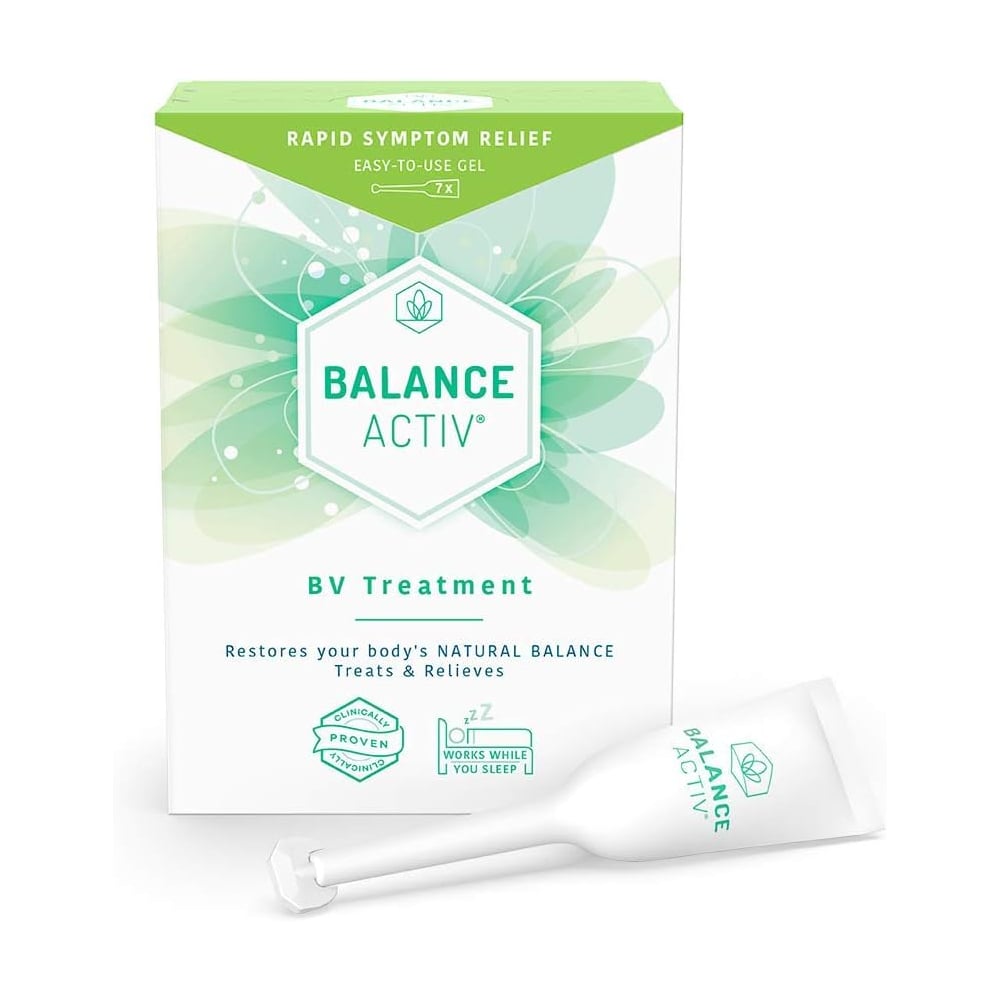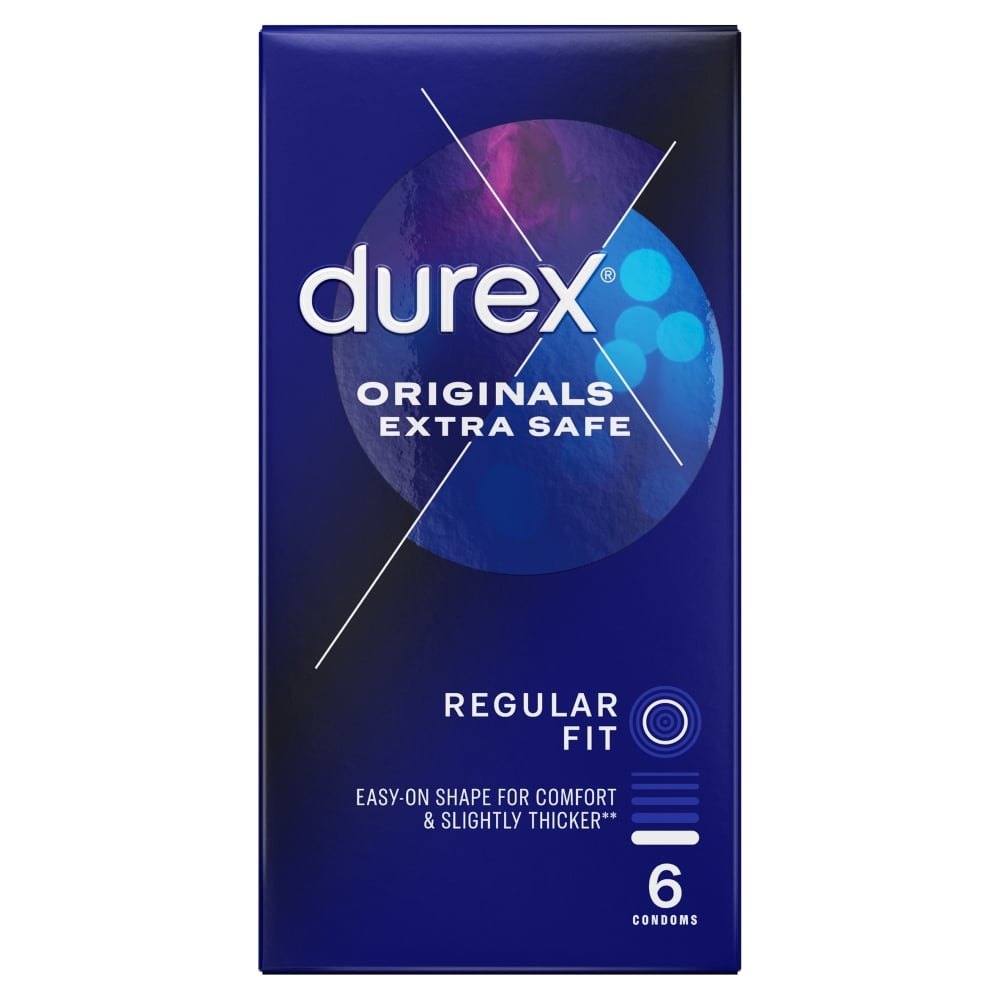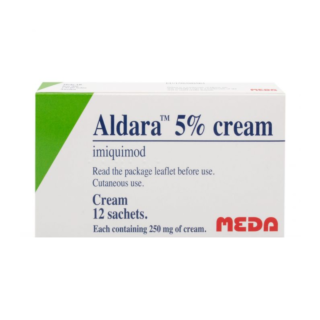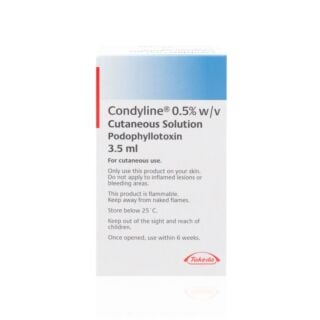Genital Warts
If you’ve ever felt a lump in or around your genitals, you may well have genital warts. But there’s no need to panic if this is the case. … Read More See less
If you are sexually active, you have a 10% lifetime risk of contracting genital warts.1 In fact, genital warts account for approximately 10% of all sexually transmitted infections (STIs), which makes them the third most common STI in England.1–3 So, if you have genital warts, you’re in good company.
Thankfully, there are plenty of treatments available for genital warts.4 There are also precautions you can take to prevent getting them again.4 And as genital warts can take a long time to treat, it’s well worth knowing how you can keep yourself safe.4
Keep reading to find out what genital warts are, what causes them and how to get rid of warts on your genitals.
What are genital warts?
Genital warts are bumps or growths that can form in and around the vagina, penis and anus.2,4,6 They are caused by certain strains of the human papilloma virus (HPV), namely types 6 and 11.2,4–6 These strains of HPV do not cause cancer.6
You can treat genital warts.6 However, there is no cure for HPV.6
Genital warts symptoms
You may not know you have HPV for a few weeks or months after becoming infected, or at all, as the virus doesn’t always result in HPV genital warts.2,3,4
However, if you do have HPV, you can develop:2,4,6
- Genital warts in and around the vagina (genital warts in females)
- Genital warts on the penis and scrotum (genital warts in males)
- Genital warts around the anus
- Genital warts on the skin between the genitals and anus (perineum)
- Genital warts on the rectum
Genital warts do not usually cause any other symptoms.2,4 However, they are sometimes:2,4
- Painful
- Itchy
- Prone to bleeding
HPV can also cause:2,4,7
- Pain or discomfort during sex
- Problems with peeing (blood or pain)
- Itching or discomfort in your genital area
- Bleeding when you have sex
What do genital warts look like?
Genital warts can feel soft or firm.2,4 First stage genital warts are small.2,4 They can be white, red, the same colour as your skin or darker than your skin.4 They can also appear on their own or in a group (which can make them easier to identify, as they look like a cauliflower).2,4
How are genital warts passed on?
HPV and genital warts are extremely contagious.6 This means you can pass them on through:2,4,6,8
- Skin-to-skin contact, such as touching an infected area and then touching another area of your body
- Vaginal and anal sex
- Sharing sex toys
- Oral sex, though this is rare
- Giving birth, though this is rare (the HPV virus can cause an infection in the baby’s throat or genitals)
Importantly, you do not need to have penetrative sex to be infected with HPV.8 However, you cannot get genital warts from kissing or from sharing things like towels, cutlery, cups or toilet seats.4
How are genital warts diagnosed
Genital warts can be diagnosed just by looking at them.9 Although, your GP may order a biopsy (for a sample to be examined under a microscope) if the warts aren’t typical (e.g. if they’re bleeding or ulcerated) to confirm their diagnosis.9
Your GP will examine your genital area to assess the extent of your genital warts and may also conduct a vaginal examination, using a speculum, if they suspect you have internal warts.9
Additionally, they will ask you some questions about your sexual history (e.g. sexual partners, use of contraception) and symptoms (e.g. discharge, bleeding).9
Cervical screening
The HPV virus can be identified through the presence of genital warts but, if you never develop genital warts, HPV can be identified through cervical screening (a smear test).8 During cervical screening, a small sample of cells is taken from the cervix and tested for HPV.8
Cervical screening is offered to anyone with a cervix between the ages of 25 and 64 to identify whether they are at risk of developing cervical cancer.9
How to get rid of genital warts
If you’re wondering “do genital warts go away?” The answer is yes. You don’t always need to treat genital warts; sometimes, they disappear on their own within six months.2,4 Alternatively, if you get genital warts during pregnancy, they usually disappear within six weeks after giving birth.2
A doctor will be able to recommend the best treatment for you based on what your genital warts look like and where they are.2,4
Treatment options include:2,4,6
- Cream, liquid or ointment – you can usually apply cream for HPV genital warts to the warts yourself, a few times a week for several weeks. However, if the area is large, a doctor or nurse may need to apply genital wart cream. These treatments work by causing blisters to form under the warts and preventing blood from reaching the area. They can cause pain, irritation or a burning sensation and are typically not recommended for use during pregnancy
- Freezing (cryotherapy) – a doctor or nurse freezes the warts using liquid nitrogen. This treatment usually needs to be repeated once a week for four weeks. It can be painful and is often not successful during pregnancy
- Surgery – a doctor or nurse cuts or burns the warts off using heat or a laser. The area is usually numbed with local anaesthetic, so you don’t feel any pain during the procedure. Surgery is usually only recommended if the warts are not responding to other treatments or are too large for topical treatments or cryotherapy. Surgery can cause pain or irritation around the area and scarring
Genital wart treatment can take weeks or months to work.4 Sometimes, the treatment does not work and the warts can come back.4
How to prevent getting genital warts
To reduce your risk of getting genital warts, you should:
- Practice safe sex (use a condom for vaginal, anal, and oral sex, and when sharing sex toys)
- Avoid having sex while you’re having treatment for genital warts
- Avoid sharing sex toys (if you do share them, wash them or cover them with a new condom before someone else uses them)
You can get genital warts despite using condoms, as they do not cover the whole genital area. This means you should get tested for HPV regularly, even if you practice safe sex.
HPV vaccination
Getting the HPV vaccine is a great way to reduce your risk of contracting HPV. Although, it doesn’t treat warts once you have them.
Adolescents aged 12 to 13 years are offered the HPV vaccine as part of the NHS vaccination programme. Men who have sex with men and transgender people can also get the HPV vaccine from a sexual health clinic.
Sources
- https://cks.nice.org.uk/topics/warts-anogenital/background-information/prevalence/
- https://www.nhsinform.scot/illnesses-and-conditions/sexual-and-reproductive/genital-warts/
- https://shswl.nhs.uk/stis/genital-warts
- https://www.nhs.uk/conditions/genital-warts/
- https://www.sexualhealthwirral.nhs.uk/stis/genital-warts/
- https://my.clevelandclinic.org/health/diseases/4209-genital-warts
- https://www.devonsexualhealth.nhs.uk/stis/genital-warts/
- https://www.nhs.uk/conditions/human-papilloma-virus-hpv/
- https://cks.nice.org.uk/topics/warts-anogenital/diagnosis/assessment/
- https://www.nhs.uk/tests-and-treatments/cervical-screening/what-is-cervical-screening/

Free delivery when you spend over £39

100% discreet delivery for every item ordered

Fully regulated UK pharmacy
Can I have sex while I’m having genital warts treatment?
We do not recommend having any kind of sex when you’re having a flare-up of genital warts as the virus can easily be passed to your partner.
Therefore, you should not have sex while using this treatment, as it’s exclusively used when you have a genital wart outbreak.
However, if you do decide to have sex when you have warts, you should be sure to use a condom during intercourse and apply this treatment AFTER sex, not before.
You should also be aware that although using a condom during sex will help to reduce your chances of passing on genital warts, it will not prevent it entirely as any skin that is not covered by the condom can still transmit HPV.
Is there a cure for genital warts?
Although there are treatments for genital warts, there currently is no cure that will stop them from coming back.
This is because HPV lives in your skin and can flare up sometimes, causing outbreaks of genital warts.
If you have this condition, you should regularly check your genital area for warts and be sure to inform and protect any sexual partners you have.
What are genital warts?
Genital warts are a sexually transmitted infection (STI) caused by a virus which is passed on through skin-to-skin contact and by sharing sex toys.
Genital warts look like small, round growths or lumps around your penis, vagina, or anus. They usually won’t hurt but they can be annoying and you may find them embarrassing or unsightly.
When you catch the virus that causes genital warts it will live in your skin, so you may not have your first outbreak of warts for weeks after your first contact and you may not ever show any physical symptoms.
When your warts have gone away you may find that they come back again later on, but you should note that you will still be infectious even if you don’t currently have any warts.
Can I use Wartner to treat genital warts?
You shouldn’t use Wartner to treat genital warts.
This is because the skin in your genital area is much more sensitive than the skin on the rest of your body.
Combine this sensitivity with the fact that your genitals can be much more difficult to reach and see than your arms or feet, and you could be more likely to damage your skin when using a home wart treatment.
If you have genital warts you should make an appointment to see your doctor or your local sexual health clinic for a check-up and professional treatment.
Can Aldara cream be used in both men and women?
Aldara cream can be used by people of all genders as it’s designed to treat penile, vaginal, and anal genital warts as well as actinic keratosis and superficial basal cell carcinoma.
If you are using this product to treat genital warts then you should be careful to only apply the cream to external genitalia and not inside the urethra, vagina, or rectum.
If you’re unsure how to apply this cream to your genitals then you should ask your doctor or pharmacist for further advice.
Will Warticon affect my contraception?
You should not be having sex while you’re using Warticon or any other genital wart treatment, so you usually won’t have to worry about your contraception.
However, you should be sure to use a condom if you do have sex and back this up with a second method of contraception, such as the contraceptive pill, implant, or injection.
A condom is an essential part of keeping genital warts from spreading from person to person, but some substances can affect the structure of condoms and make them less effective.
This is why you should use both a condom and a secondary method of contraception to prevent pregnancy and the spread of this condition.

